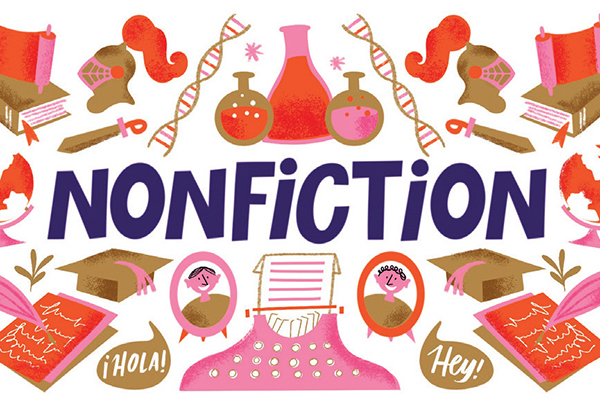Posted on 02.24.24 in News by MK Asante
1st Review of Nephew
Publishing giant Kirkus Reviews gives a stellar review to Nephew: A Memoir in 4-Part Harmony:
NEPHEW
A MEMOIR IN 4-PART HARMONY
Passionate, moving, spirited reflections on art’s therapeutic potency.
An ode to the power of healing through art. An accomplished musician, filmmaker, and professor, Asante Jr., author of Buck and It’s Bigger Than Hip-Hop, turns his attention to his relationship with his brother Uzi’s son, Nasir, whose troubled youth culminated in near death from gun violence. The author sensitively and astutely explores the social dysfunction shared by his brother and nephew. Blending lyrical poetry, personal letters, and raw commentary on the dynamics of suffering and redemption, Asante sketches the forbidding perils facing Black America, as well as the promise of artful resistance to them. The author vividly examines the complex etiology of drug addiction and the lure of antisocial behavior, and he looks at the role played by intergenerational trauma in perpetuating cycles of violence. The author compellingly frames his family story within an account of historical struggles for Black liberty, and he convincingly argues that a people’s frustrations, aspirations, and evolving ideals—all its efforts to be free—can be tracked in their creative output: “Escapes, rebellions, and freedom are all encoded in our music.” Asante weaves together philosophical considerations of the power of Black aesthetic production from such luminaries as Frederick Douglass, W.E.B. Du Bois, and Maya Angelou, alongside his own fervent analyses of the verbal genius and historical significance of less well-known figures such as George Moses Horton, Assata Shakur, and Fannie Lou Hamer. In the plea Asante recalls making to his critically wounded nephew, he articulates his broadest collective hopes: “Rise out of this hospital bed, rise above the ignorance that threatens you, rise out of the cycle of poverty and recklessness, rise over self-destruction, rise above the heat of gun smoke.” This innovative memoir offers provocative commentary on how Black Americans have sung—and might yet sing—their paths to freedom.
Passionate, moving, spirited reflections on art’s therapeutic potency.

